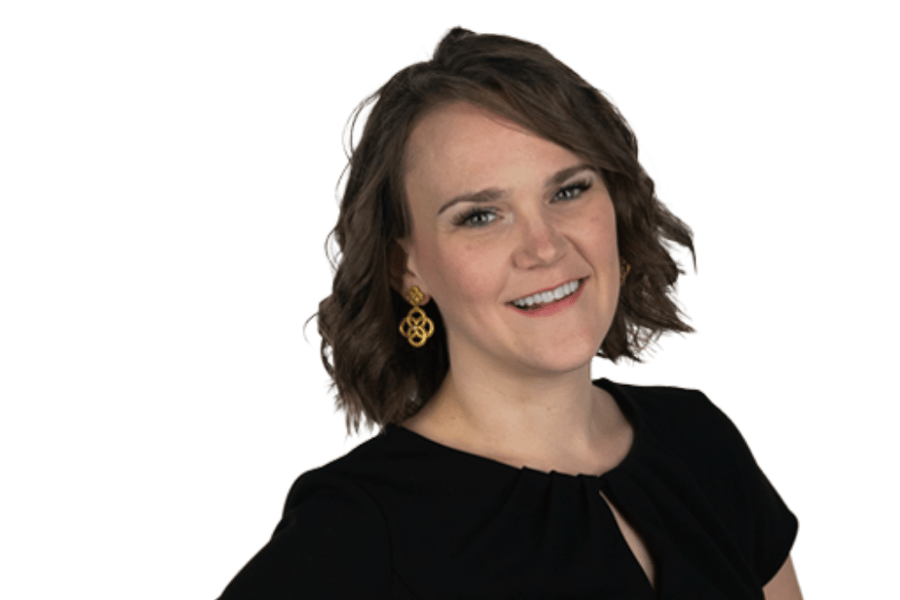This loan officer was able to make a quick transition from commercial to residential thanks to her builder relationships

Lauren Mazurkiewicz (pictured) walked into a job as a residential loan officer in January after 13 years on the commercial side. She could do so because she was holding onto something that almost every residential brokerage, branch, or lender is looking for: builder relationships. Now a loan officer with AlphaMortgage Advantage in Myrtle Beach, South Carolina, Mazurkiewicz has been able to quickly capture residential business and grow her volume thanks to the strength of her builder relationships.
Mazurkiewicz told MPA some of how she built those relationships during her commercial career and how she’s deepening and widening them now as a residential loan officer. She explained some of the unique challenges builders face and how accommodating those challenges as a mortgage professional can help you win longstanding relationships. She highlighted the advantages that come with strong builder relationships and laid out why, during this period of an acute housing shortage, mortgage professionals should partner with builders to gain an edge.
“You have to think of this as a long game. In chess you always have to think a couple moves ahead,” Mazurkiewicz said. “You have to understand on the front end who has the land inventory…when it comes to building new homes you have to have someone with access to land and the resources to acquire and develop the lots and roads needed for a build project…Having the relationship with a builder, being one of their preferred lenders, really helps because you can find those qualified buyers that the builder needs.”
Builders are relying on these trusted relationships now because they are still less likely to build speculatively than they were in 2008, Mazurkiewicz explained. They need mortgage partners who can structure the right deals, qualify borrowers and hold clients’ hands as building projects inevitably hit hurdles and delays. If a builder knows that you will make sure a loan closes and the deal is solid, that makes you solid in their eyes.
Mazurkiewicz first won these relationships as a commercial mortgage pro, working with developers as they built tract and custom housing. While Mazurkiewicz inherited some of these relationships through her previous commercial role, as she saw new-build real estate opportunities grow in the Carolinas she started getting closer to local homebuilders’ and commercial builders’ associations. The simple act of getting her name and face in front of these builders, and connecting that to the past deals of theirs she had touched, was enough to generate the beginning of a meaningful relationship.
As builders faced challenges in the past year, from commodity prices through COVID-19 restrictions, Mazurkiewicz stepped up by providing them with the qualified borrowers they could be confident in. She worked to pre-qualify borrowers and show the builder that they were solid loans. At the same time, she kept her borrowers informed and managed their expectations, so a sudden delay in construction didn’t cause chaos. She gave them the best, worst, and likely case scenarios so that they were prepared in any eventuality.
As other mortgage pros look to capture more builder relationships, Mazurkiewicz believes that knowing and understanding the likely construction challenges will be key. In her markets along the coast of South and North Carolina, that means accounting for hurricane season. It also means understanding more mundane issues, like the eight-week lead time on cabinets, windows, and other key elements. To keep the builder and client happy, constant communication is key.
On a fundamental level, capturing builder relationships is a similar process to finding new referral partners of any stripe. A savvy originator needs a nose for opportunity, and a willingness to get in front of partners to make deals happen.
“Make sure you capitalize on the opportunity to work with someone you want to do business with,” Mazurkiewicz said. “There are contractors’ communities out there, there are builders’ associations, there are economic development corporations in your community where you can meet those partners and develop relationships because ultimately that’s what this business is.”



